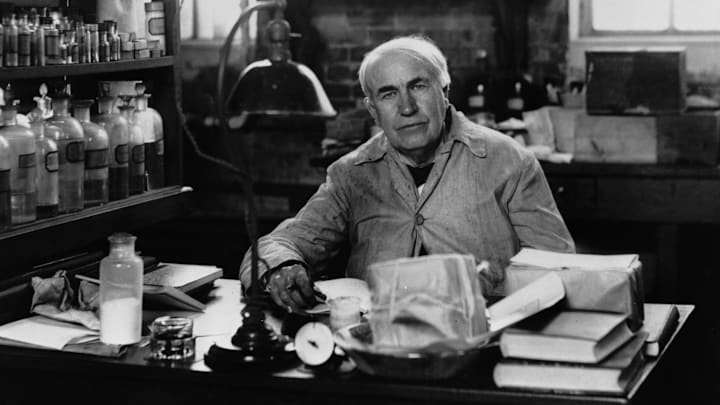Who Is The Real Father Of Technology?

The title of the "father of technology" is subjective and depends on how one defines technology and its historical development. Since technology is a broad field that encompasses tools, machines, systems, and methods, there isn't a single individual who can be definitively called the "father" of all technology. However, certain key figures are often regarded as pioneers in their respective domains due to their transformative contributions:
1. Archimedes (287–212 BCE)
- Contribution: Archimedes, a Greek mathematician, engineer, and inventor, made significant advances in mechanics and engineering.
- Key Inventions: Archimedes' Screw (for water transport), war machines, and mathematical principles.
- Legacy: Often considered one of the earliest engineers, his work laid the foundation for mechanical engineering.
2. Leonardo da Vinci (1452–1519)
- Contribution: Leonardo da Vinci was a Renaissance polymath who conceptualized numerous technological innovations.
- Key Designs: Flying machines, early prototypes of tanks, and hydraulics.
- Legacy: While many of his designs were not built during his lifetime, his visionary ideas influenced future technological advancements.
3. Thomas Edison (1847–1931)
- Contribution: Edison is often called the "father of modern invention" due to his prolific output and practical application of technology.
- Key Inventions: The electric light bulb, phonograph, and motion picture camera.
- Legacy: Edison's innovations laid the groundwork for modern electrical and entertainment industries.
4. Nikola Tesla (1856–1943)
- Contribution: Tesla was a pioneer in electrical engineering and wireless communication.
- Key Contributions: Alternating current (AC) systems, wireless energy transmission, and early radio technology.
- Legacy: Tesla's work on electricity and electromagnetism shaped modern power systems and wireless communication.
5. Alan Turing (1912–1954)
- Contribution: Turing is often called the "father of computer science" for his foundational work on computation.
- Key Achievements: The Turing machine (conceptual model for modern computers), breaking the Enigma code during WWII.
- Legacy: Turing's ideas laid the groundwork for modern computing and artificial intelligence.
6. Johannes Gutenberg (1398–1468)
- Contribution: Inventor of the printing press, which revolutionized the dissemination of knowledge.
- Key Innovation: Movable-type printing press.
- Legacy: The printing press accelerated the spread of ideas and is considered a transformative technology in human history.
7. James Watt (1736–1819)
- Contribution: Innovator in steam engine technology, which powered the Industrial Revolution.
- Key Innovation: Improvements to the steam engine, making it more efficient.
- Legacy: His work enabled the mechanization of industries and transportation.
Conclusion
There is no single "father of technology" because technology is a cumulative field that builds on countless contributions over millennia. If one were to choose, it would depend on the specific domain of technology. Figures like Archimedes, Leonardo da Vinci, Thomas Edison, Nikola Tesla, Alan Turing, and Johannes Gutenberg are often cited as pivotal contributors to the evolution of technology. Each played a transformative role in shaping the tools and systems we rely on today.